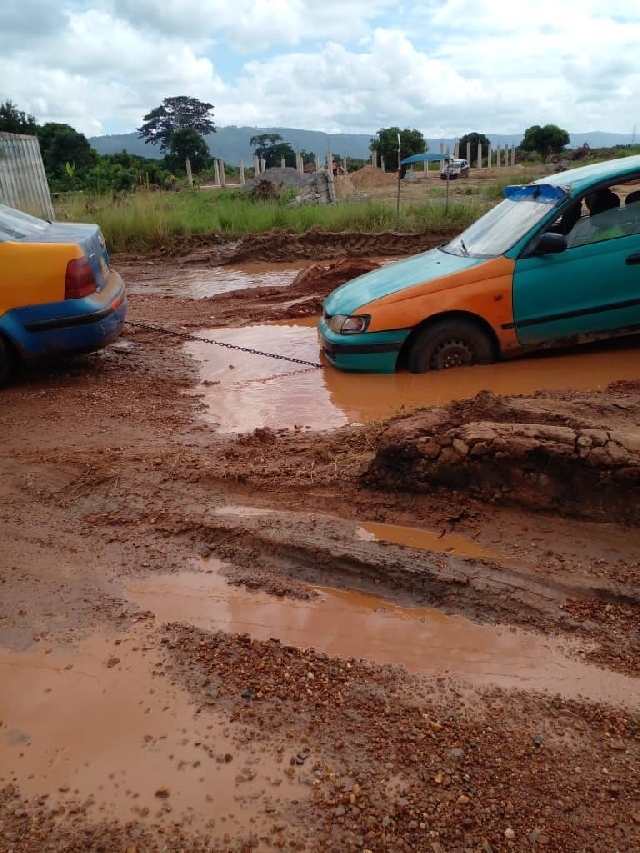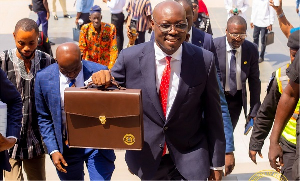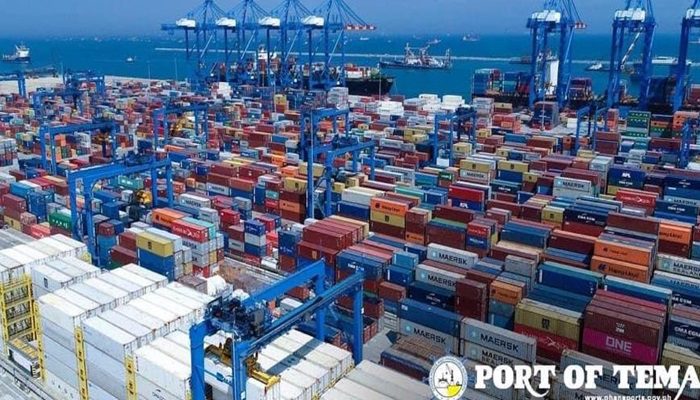Government has announced plans to rehabilitate 5,000 kilometers of roads over the next three years, targeting 166 constituencies identified as critically underserved in road infrastructure.
Finance Minister Cassiel Ato Forson unveiled the initiative Thursday during the presentation of the 2025 Mid-Year Budget Review to Parliament, positioning it as a cornerstone of the government’s broader effort to close infrastructure gaps and stimulate regional economic development.
“We have identified 166 constituencies in dire need of road infrastructure,” Dr. Forson said. “In response, the government has programmed to rehabilitate 10 kilometers of roads annually in each of these constituencies over the next three years.”
The initiative is scheduled to run through 2028, with construction and rehabilitation work planned in both urban and rural areas. Projects span from bridge construction and road upgrades in the northern regions to major highway dualisation in the south.
Among the high-priority projects are:
The construction of a new bridge across the Oti River at Dambai
The rehabilitation of the Wa–Han and Techiman–Wenchi road corridors
Reconstruction of Dodowa – Afienya – Dawhenya Road
Upgrading of Ojubji – Appolonia – Afienya Road
The dualisation of the Winneba–Mankessim and Cape Coast–Takoradi highways
The reconstruction of the Tema–Aflao Road and the Kumasi Outer Ring Road (Eastern Quadrant)
Several strategic routes in the Volta, Northern, and Western regions—including the Tumu–Hamile and Dodo Pepesu–Nkwanta roads—will also be upgraded or reconstructed.
The finance minister said the road projects are part of the administration’s commitment to equitable development, aiming to improve access to markets, schools, and healthcare facilities nationwide.
“These investments in road infrastructure will enhance connectivity, reduce transportation costs, and improve the overall quality of life for millions of Ghanaians,” Dr. Forson said.
The program is expected to be financed through a mix of government budget allocations, development partner support, and infrastructure investment frameworks, though specific funding mechanisms were not detailed in the address.
The road rehabilitation plan complements ongoing fiscal reforms and social programs under Ghana’s economic recovery framework, including a $3 billion IMF-supported program aimed at stabilizing the economy and restoring investor confidence













